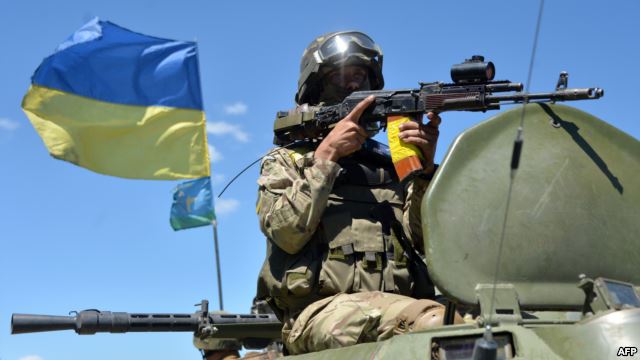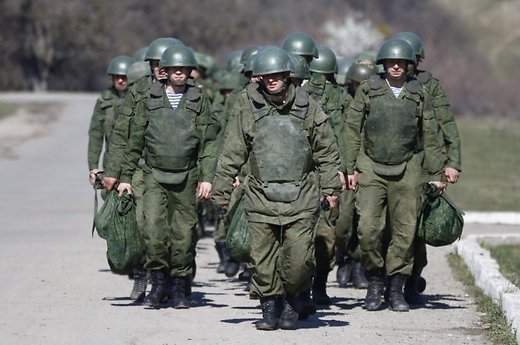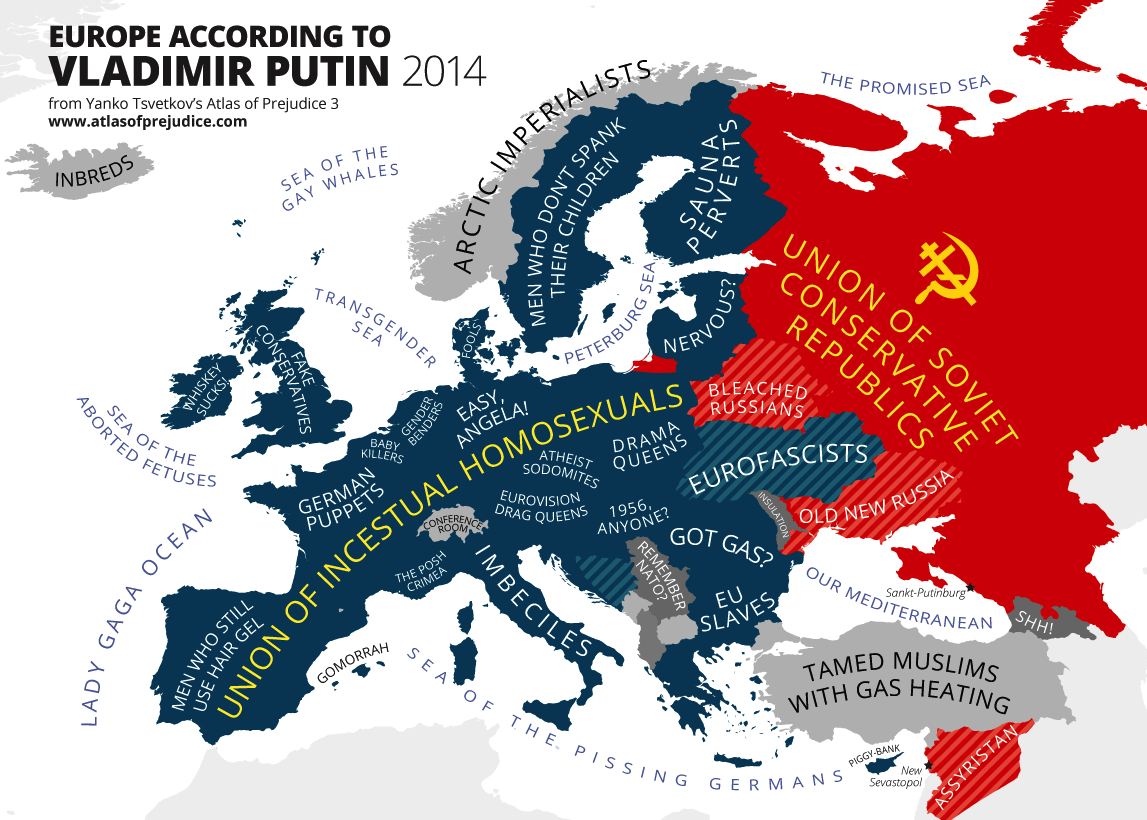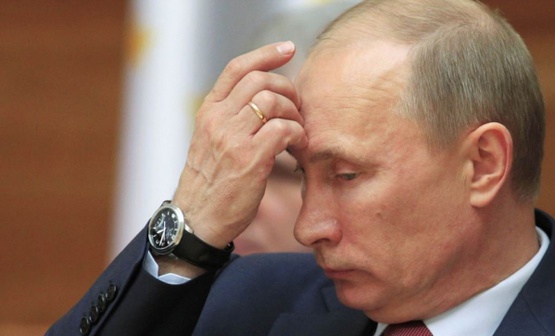He stated that the UMO would not be a party, and would not participate in the electoral campaign. Another feature: Semenchenko is de facto talking about the restoration of the UMO, which in the past century had already been active on Ukrainian lands that had been occupied by Poles and the Bolsheviks.
Here, we should say a couple of words about this UMO.
The Ukrainian Military Organization was first established in 1920 by a colonel of the army of the Ukrainian People’s Republic, Yevhen Konovalets. Its creation was a response of nationally conscious Ukrainians to the occupation of the UNR by Bolsheviks, and also testified to the fact that the Ukrainian people’s national-liberation struggle for their sovereignty continued.
The UMO was an underground organization: its members actively used so-called ‘revolutionary’ methods of war, in particular the elimination of the leaders of the occupational regimes, armed attacks on various institutions (including banks, from which they confiscated funds for the needs of the ‘Ukrainian revolution’) – thus an underground war. The UMO also actively engaged in propaganda work (in modern terms, information policies) aimed at encouraging Ukrainians to fight for their independence and the unity of the Ukrainian state. Another important detail: the UMO had a clear world view, which was Ukrainian nationalism.
Later the UMO, together with other nationalist organizations, transformed into the Organization of Ukrainian Nationalists (OUN). The connection between the UMO and OUN was proven by the fact that Yevhen Konovalets was once more elected head of the OUN.
This small historical detour makes the difference between Konovalets’ UMO and the UMO whose command Semenchenko wants to create quite clear.
The first UMO was created where we did not have our own state. What is more, there was a big possibility that the Ukrainian nation would never return to statehood, as the Russian Bolshevik regime, established in the east and south of Ukraine, was exemplified by particular intolerance to the Ukrainian’s aim to have such a state. The Polish occupant administration in Western Ukraine was no less audacious in the way of addressing the Ukrainian issues.
As has been noted, the UMO acted in the underground and used methods and forms of war that were far from being parliamentary. For this, by the way, it was criticized by democrats, liberals, and even the Ukrainian Greek-Catholic Church in Western Ukraine. However, these criticisms constantly failed against the then sociopolitical situation, as a result of which not only did the UMO ‘survive,’ but had the biggest authority and influence on the Ukrainian public.
Energy and experience should be accumulated
Obviously, in the current conditions, there is no need to resurrect the underground UMO with its ‘revolutionary’ means of war, as this will mean that during the current Russian-Ukrainian war, we were fighting not for state independence and territorial integrity, but God knows what.
However, it is extremely important, and here the UMO experience will be necessary, for the new organization to really be all-national, aimed at fighting for Ukraine, and not seats in the Parliament or the government. For it to unite first and foremost, those who looked the enemy in the eye not through television, but the scope of a sniper weapon or a mine launcher. If Konovalets’ UMO aimed to achieve a Ukrainian state with weapons in hand, the new organization should protect it, at least within the borders it had occupied before the Russians took Crimea.
At first glance, the new organization’s weak spot, should it be created, may be the lack of a clear ideological basis. And without it, the existence of any civil, in particular paramilitary, organization is rather senseless.
In colonel Yevhen Konovalets’ times, the UMO was a nationalist structure, in which the nationalist ideology was adapted as much as possible to the current reality of the Ukrainian nation’s colonial state.
The UMO may become such an organization even today, when its nationalism accords to the current sociopolitical and military situation. It is no mystery that entire territorial defense battalions, which are fighting in Donbas, are motivated by nationalist ideology. One of them, in particular, the OUN battalion under the leadership of Mykola Kokhanivsky, is a direct descendant of the OUN and UMO tradition.
In any case, we can already make a very important conclusion. The energy and experience of the people, who know what war is not through tales, but through action, has to be accumulated. And it is better to do so through a civil organization, and not a party. We have very little time to do so. Putin will do everything he can to prevent it. The situation is really very complex and difficult.
But it was the same when Yevhen Konovalets approved the decision and created the UMO.






